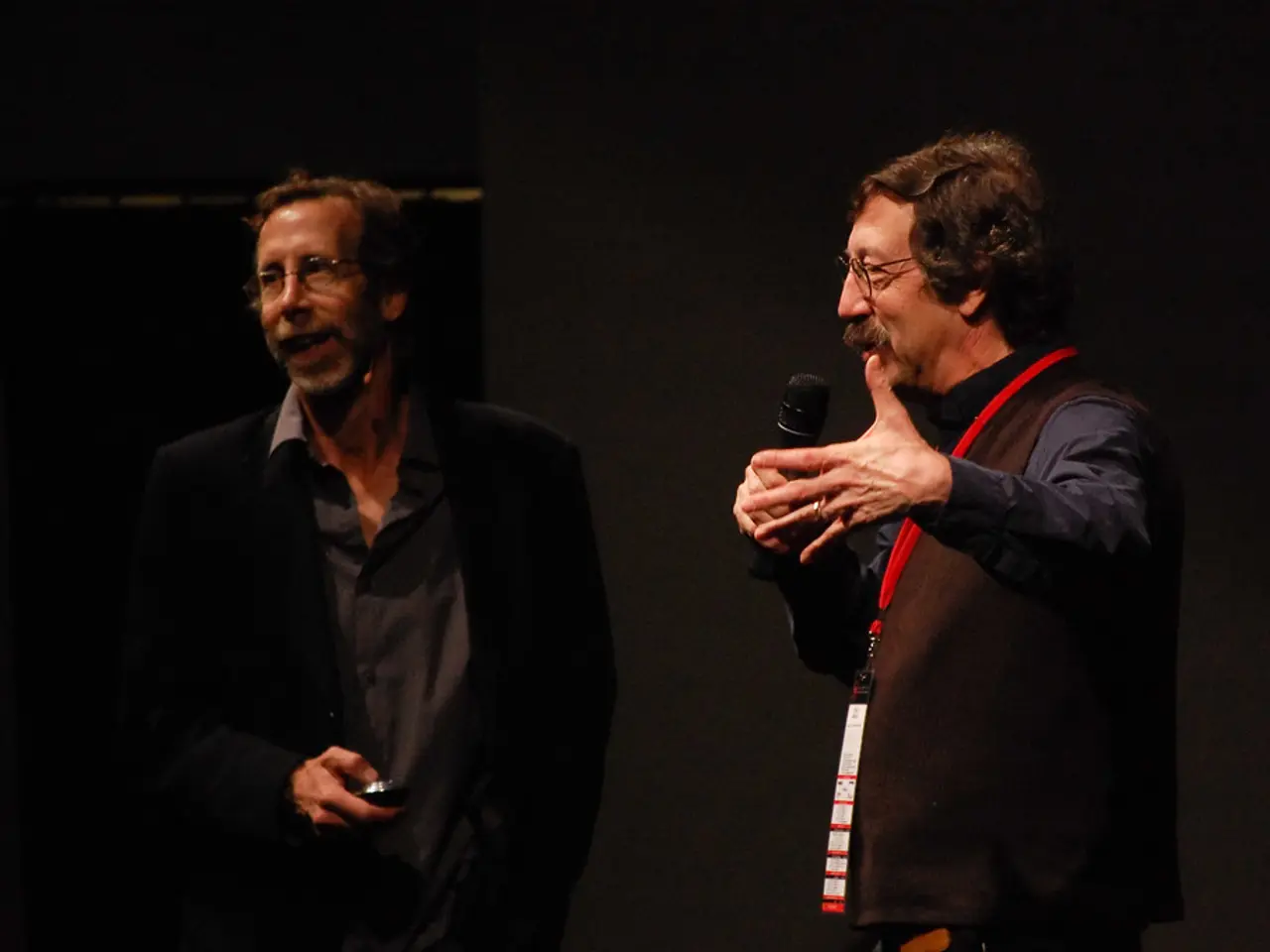Deteriorating Freedom of Expression in India: Examination of Ali Khan Mahmudabad's Situation
In recent years, a campaign to unite India and safeguard its secular soul has gained traction, as concerns over free speech restrictions and their impact on intellectuals and public figures continue to mount. One such case that has sparked controversy is the detention of Professor Ali Khan Mahmudabad for a Facebook post commending the Indian Armed Forces.
The Supreme Court of India, in its handling of Mahmudabad's case, has raised eyebrows with its approach, inviting the Attorney General to draft new legal restrictions on digital platforms and constituting a Special Investigation Team to examine whether his posts contained any 'double meaning.' The Court's remarks towards students rallying in support of Mahmudabad, stating "We know how to handle them also," have added fuel to the fire.
Mahmudabad's post drew attention to Colonel Sofiya Qureshi, a Muslim woman officer, leading military briefings, which he praised as a meaningful sign of Indian pluralism. However, the backlash against him included a complaint from the Haryana State Commission for Women, accusing him of 'undermining' women officers and vilifying the military. The Court has granted interim relief to Mahmudabad shackled with punitive conditions, including a gag order barring him from making any public comment on matters relating to the India-Pakistan conflict.
Another case that has stirred debate is the multiple FIRs filed against Ranveer Allahbadia for a tasteless joke. The Supreme Court declared his joke to be proof of a 'perverted' and 'dirty' mind, highlighting the Court's reluctance to engage seriously with the criminalization of speech, focusing more on whether the tone of speech is 'dog whistling' rather than the legality of the procedure.
The history of free speech restrictions in India is not a new phenomenon. During the Emergency declared by Prime Minister Indira Gandhi in 1975-1977, significant restrictions were imposed on the press and intellectual freedoms, including censorship, banning domestic and international news, and revoking journalists’ accreditations. Article 19(1)(a) of the Indian Constitution guarantees freedom of speech and expression, but Article 19(2) allows for reasonable restrictions on grounds including public order, defamation, and security of the state. Judicial interpretations, for example in the "Kaushal Kishor" case, have introduced complex understandings of these restrictions, often invoked in controlling speech.
More recent instances of legal actions against intellectuals, journalists, or creators often cite sedition, defamation, or other criminal laws. There is documented criticism that the government and police authorities use these laws for "intimidation" and "curtailment" of press freedom, especially concerning politically sensitive topics such as Kashmir or political criticism.
While no high-profile documented cases specifically highlight Professor Ali Khan Mahmudabad or Ranveer Allahbadia, they exist within a broader legal and social framework where intellectual freedom is contested and conditionally restricted. Legal precedents involve the use of Article 19(2) restrictions, evolving court interpretations involving 'restraints,' and government measures aimed at controlling narratives, especially on sensitive political issues like Kashmir.
The resurgence of enlightenment in southern India is a noteworthy development, as is the decline of freethought in South Asia. The rise and fall of god(s) in Indian politics is a significant topic, with ancient figures like Ajita Kesakambali, one of the Six Heretics, providing insights into the historical context of free thought in India.
Current debates suggest ongoing challenges in balancing freedom and limitations, reflecting the complex legal and political landscape surrounding intellectual freedom and free speech in India. For a deeper understanding of these issues, targeted legal databases or academic law journals may provide more detailed analysis on these individuals or similar ones within India’s evolving free speech jurisprudence.
- The image of the week could feature the ongoing controversy surrounding the detention of Professor Ali Khan Mahmudabad, highlighting the impact of free speech restrictions on intellectuals in the context of Indian politics and human rights.
- In the weekly general-news roundup, discussions on the Supreme Court's handling of Mahmudabad's case and Ranveer Allahbadia's joke might raise questions about freethought, the criminalization of speech, and the evolution of free speech jurisprudence in India, drawing parallels with historical figures like Ajita Kesakambali.







